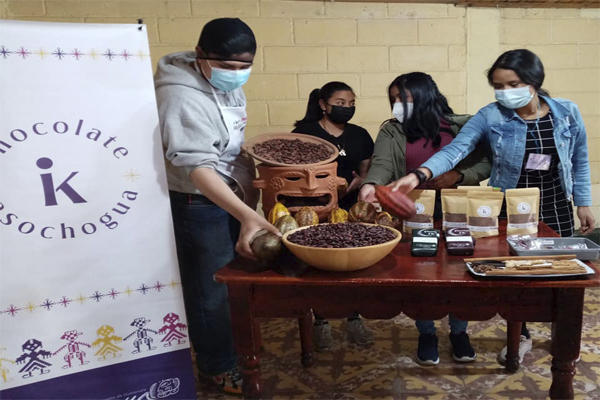By Mariadaniela Bolaños, Coordinator of the AGEXPORT Peas and Vegetables Committee.
In 2021, the economic development of agribusiness in Guatemala has been vulnerable to the crises generated by Covid-19, including the disproportionate increase in logistics and transportation costs and the rise in prices of agricultural supplies, in addition to the negative impact of an overabundance of requirements and regulations regarding sustainability driven and demanded by international markets.
These crises have come to hit hard an agricultural industry already affected by the adverse effects of weather, pests, and low international prices.
The pea and vegetable industry in Guatemala is not exempt from these difficult times. Its producers, concentrated in the central highlands of the country, have struggled for years to adjust to the constant and changing demands of markets such as the United States and Europe, which demand high quality standards at very high costs to achieve them due the increasingly restricted use of pesticides that are important to maintain the quality of the product and the profitability of the operation. These restrictions have reduced the production yields and thus increased the production costs. In addition, there has been an increase in the demand for costly certifications and accreditations. However, all these increases in costs have come without an increase in the prices paid to the producers and exporters.
The path traced by these markets towards organic farming supposes a decrease in competitiveness and a risk to the food security of a planet that exponentially increases its demand for food in response to the increase of the population..
In their attempt to raise the sustainability of agricultural products, the trading giants have forgotten the primary goal of sustainability: to keep biological systems productive over time. This implies, among others, guaranteeing the economic profitability of producers and agro-exporters and the quality of life and economic viability of the communities that depend on agriculture.
But this cannot be achieved by continuing to curtail producers with non-tarih barriers, with prices so low that they cannot even cover ever increasing production costs and demands, and with a lack of incentives and support in terms of policy and technology aimed at increasing the resilience of food systems.
Guaranteeing the economic resources of more than 60,000 snow pea and vegetable producing families, in an area of influence of more than 200 communities, primarily in the departments of Chimaltenango, Sacatepéquez, Sololá, Huehuetenango, Alta and Baja Verapaz, Quiché and Jalapa, depends mainly of the true implementation of policies that ensure high production yields and fair prices for producers and exporters, favorable terms and access to technology and agricultural financing, competitive sea, land and air transportation costs and the ability to obtain the investments aimed at improving connectivity and the maritime and road infrastructure capacity of the country.







